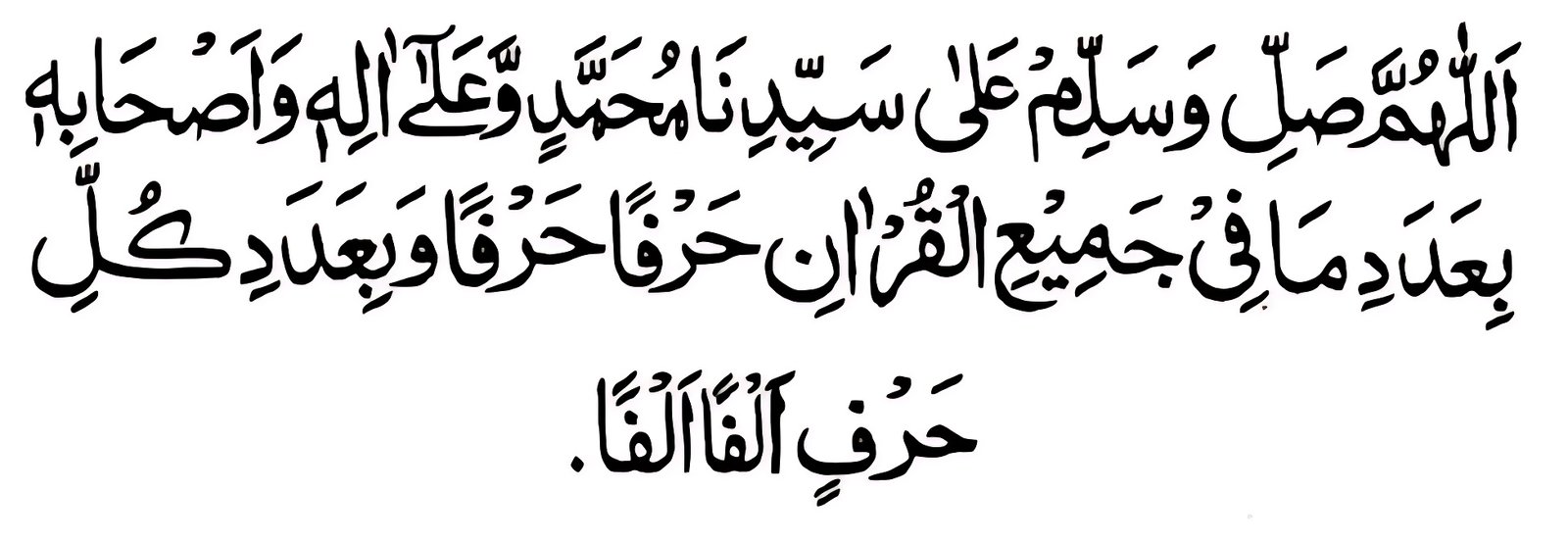Islamic Wazaif Calculator & Guide
A digital spiritual guide for authentic Islamic supplications and recitations
Generating your spiritual guide…
Darood-e-Quraani: The Quranic Invocation of Blessings
Method (Tariqa)
- Make wudu (ablution) to purify yourself.
- Sit in a clean, quiet place facing the Qibla.
- Begin with the intention (niyyah) of obeying Allah’s command in Surah Al-Ahzab, verse 56.
- Recite any authentic form of Darood Sharif (blessings upon the Prophet).
- Repeat the Darood 100 times daily, preferably after Fajr or Maghrib prayers.
- Maintain consistency for 40 days without interruption.
- Conclude by raising your hands in supplication (dua) to Allah.
Benefits (Fawaid)
- Spiritual Benefits: Obeying a direct command from Allah, raising spiritual status, forgiveness of sins
- Mental Health Benefits: Inner peace, reduced anxiety, increased mindfulness
- Physical Health Benefits: Stress reduction, improved sleep patterns
- Worldly Advantages: Divine protection, increased blessings in sustenance
Important Disclaimer
This tool is for educational purposes based on known Islamic sources. While we strive for accuracy, we strongly advise consulting with a qualified Islamic scholar for serious personal issues. The effectiveness of any wazifa ultimately depends on Allah’s will and the sincerity of the practitioner.
How to Use Islamic Wazifa Guide: Darood-e-Quraani Method & Benefits
- Select Your Wazifa: From the dropdown menu, choose the spiritual practice you need guidance on (e.g., Darood-e-Quraani, Health, Sustenance).
- Choose Your Language: Click on your preferred language (English, Urdu, Arabic, Bangla, Hindi) for instructions.
- Generate Your Guide: Click the “Calculate & Guide Me” button.
- Receive Instructions: A detailed guide will appear with the specific method (Tariqa) and benefits (Fawaid) for your selected Wazifa.
- Print or Copy: Use the action buttons to print the guide or copy the text for your personal use.

Frequently Asked Questions Islamic Wazifa Guide: Darood-e-Quraani Method & Benefits
Q: Is this tool a replacement for consulting a scholar?
A: No. This tool is for educational guidance based on common Islamic sources. For serious personal issues, you must consult a qualified Islamic scholar.
Q: What is the best time to perform these Wazifas?
A: While specific times are mentioned for each practice (e.g., after Fajr), the most important factors are sincerity (ikhlas), consistency, and having a firm belief in Allah’s will.
Q: What if I miss a day during the 40-day practice?
A: It is recommended to maintain consistency without interruption. If you miss a day, it is advised to start the 40-day cycle again to achieve the spiritual discipline and focus required.
Q: Are the translations and methods provided authentic?
A: We strive to provide information based on well-known and widely accepted sources. However, variations in methods exist across different traditions.